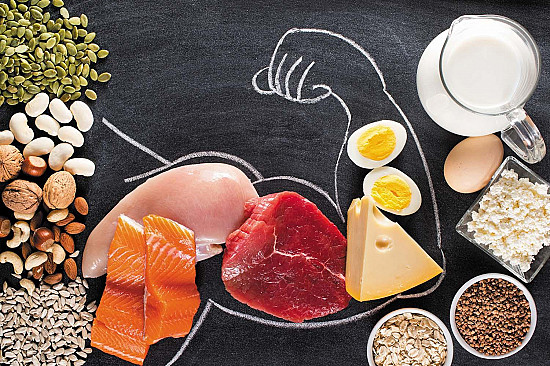Legume of the month: Mung beans

Mung beans are popular in many Asian cuisines, where they're used in soups, curries, savory pancakes, and even desserts. These small, olive-green beans have a white speck at the center. Some say the mild flavor of mung beans is reminiscent of potatoes.
Natural food stores and some conventional grocery stores may carry dried mung beans, either packaged or in bulk bins. But Americans are probably more familiar with mung bean sprouts, which are used in Chinese and Thai stir-fries. You can often find these slender, crunchy white sprouts in the produce section of your supermarket. Studies show that mung bean sprouts contain slightly higher levels of beneficial antioxidants than the unsprouted beans.
Mung bean protein is the key ingredient in a plant-based alternative to scrambled eggs. Called Just Egg, this liquid product also contains canola oil and natural colors from carrots and turmeric, along with other ingredients. When cooked, it looks very much like scrambled eggs, and reviewers say the taste is fairly similar as well. (It's worth noting there are other plant-based egg substitutes on the market as well, including Vegg and VeganEgg, which contain soy protein and algal protein.)
Image: © AD077/Getty Images
Disclaimer:
As a service to our readers, Harvard Health Publishing provides access to our library of archived content. Please note the date of last review or update on all articles.
No content on this site, regardless of date, should ever be used as a substitute for direct medical advice from your doctor or other qualified clinician.















